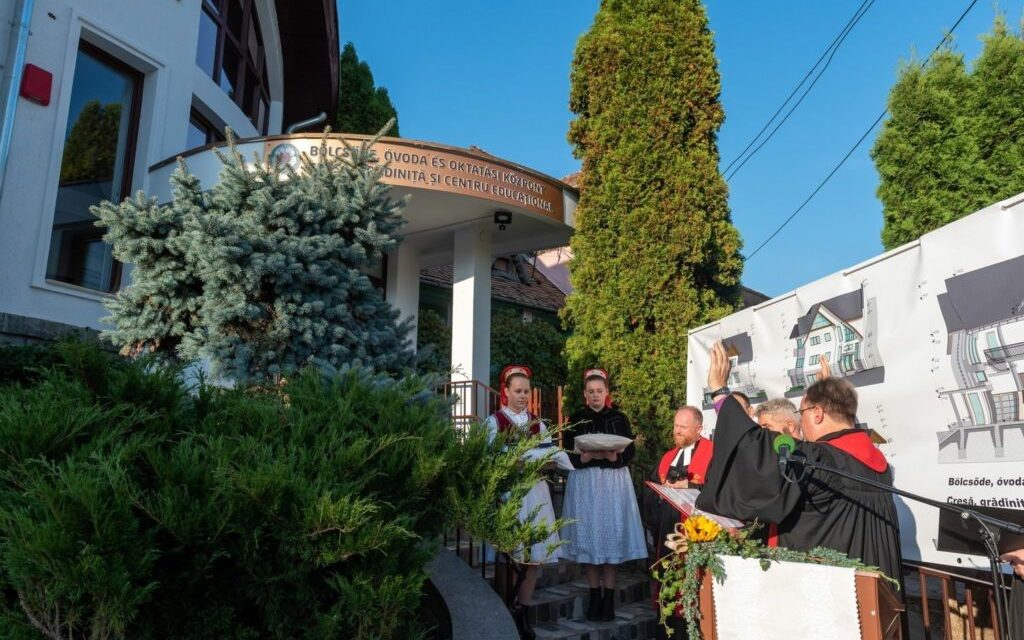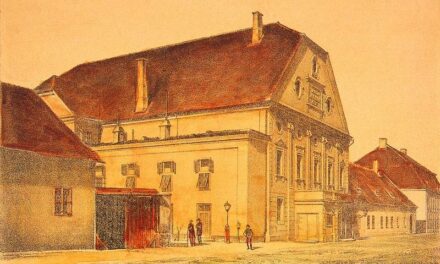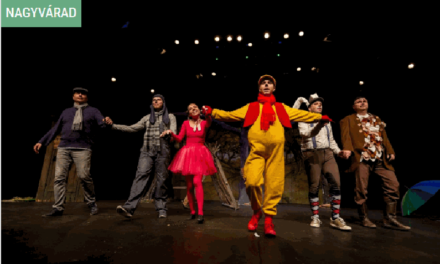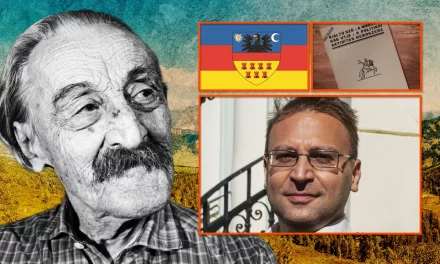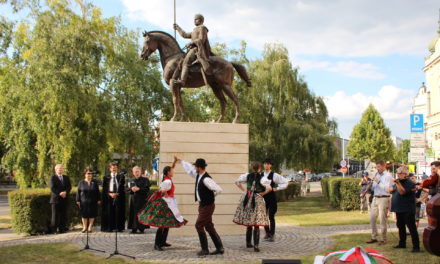The Romanian Lutheran bishop Dezső Adorjáni, who blessed the institution, mentioned that sister churches in Western Europe often resign from their schools and charitable institutions and transfer the tasks to the state. "We are Christian communities that build and are being built," he declared. He quoted Márton Luther, who already in the 16th century considered learning to be the right and duty of children.
At the handover ceremony of the new evangelical kindergarten, nursery school and education center on October 1st in Beszterce, Transylvania, István Grezsa, the ministerial commissioner also responsible for kindergarten development, said that 179 new kindergartens were built throughout the Carpathian Basin and 713 were renovated with the support of the Hungarian state. In Transylvania, the construction of 103 new kindergartens and the renovation of 356 were financed. He believed that the program is also good for Hungary to be able to continuously offer peace benefits to our neighbors. The country in which the institutions are built grows through it.
Miklós Soltész, , spoke in a similar spirit at the end of the thanksgiving service following the inauguration . He said: the close cooperation that Hungary has established with Serbia, Slovakia and Croatia in the last decade is good for countries, nations and national communities. "We offer the same hand to Romania. In Christianity we are one. There are many more things that unite us than divide us," he declared.
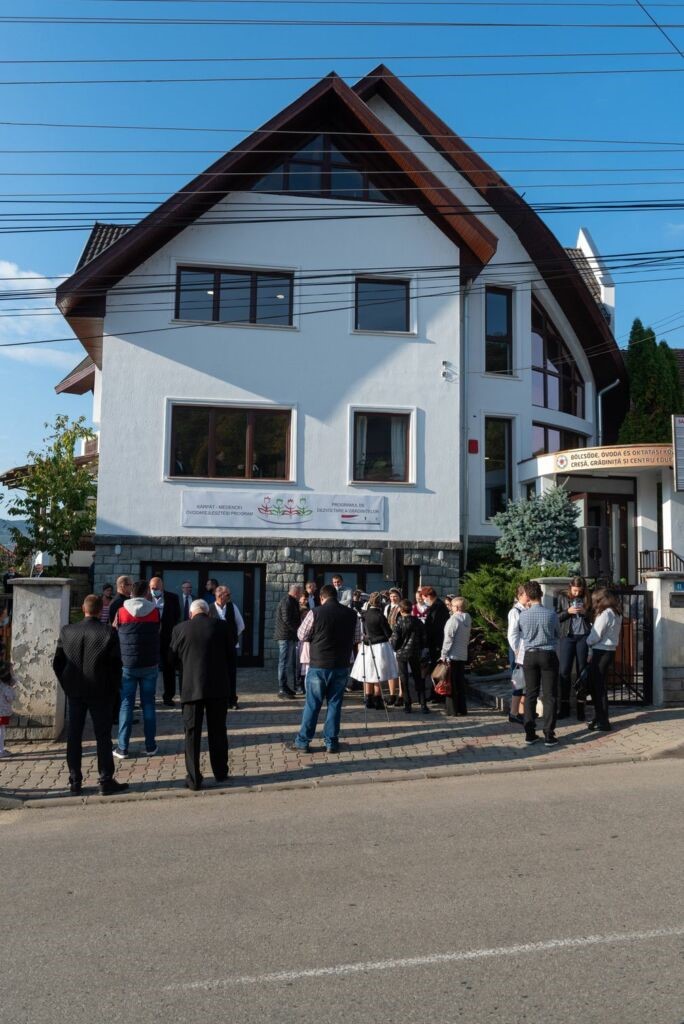
Ioan Turc, mayor of Beszterce, and Stelian Dolha, prefect of Beszterce-Naszód County, welcomed the opening of the kindergarten and considered it exemplary. The latter believed that kindergartens and crèches can also have an impact on demographic processes.
Deputy Prefect Attila Décsei: the president of the RMDSZ Beszterce county organization stated: the dispersed Hungarian community in Beszterce will not give up its desire to establish an independent Hungarian school in the city. He believed that an independent school was essential in order to slow down the assimilation of the Hungarian community.
In the city of Beszterce, which has a population of 67,000, 5.7 percent of the population declared themselves Hungarian in the 2011 census.
Source: MTI

